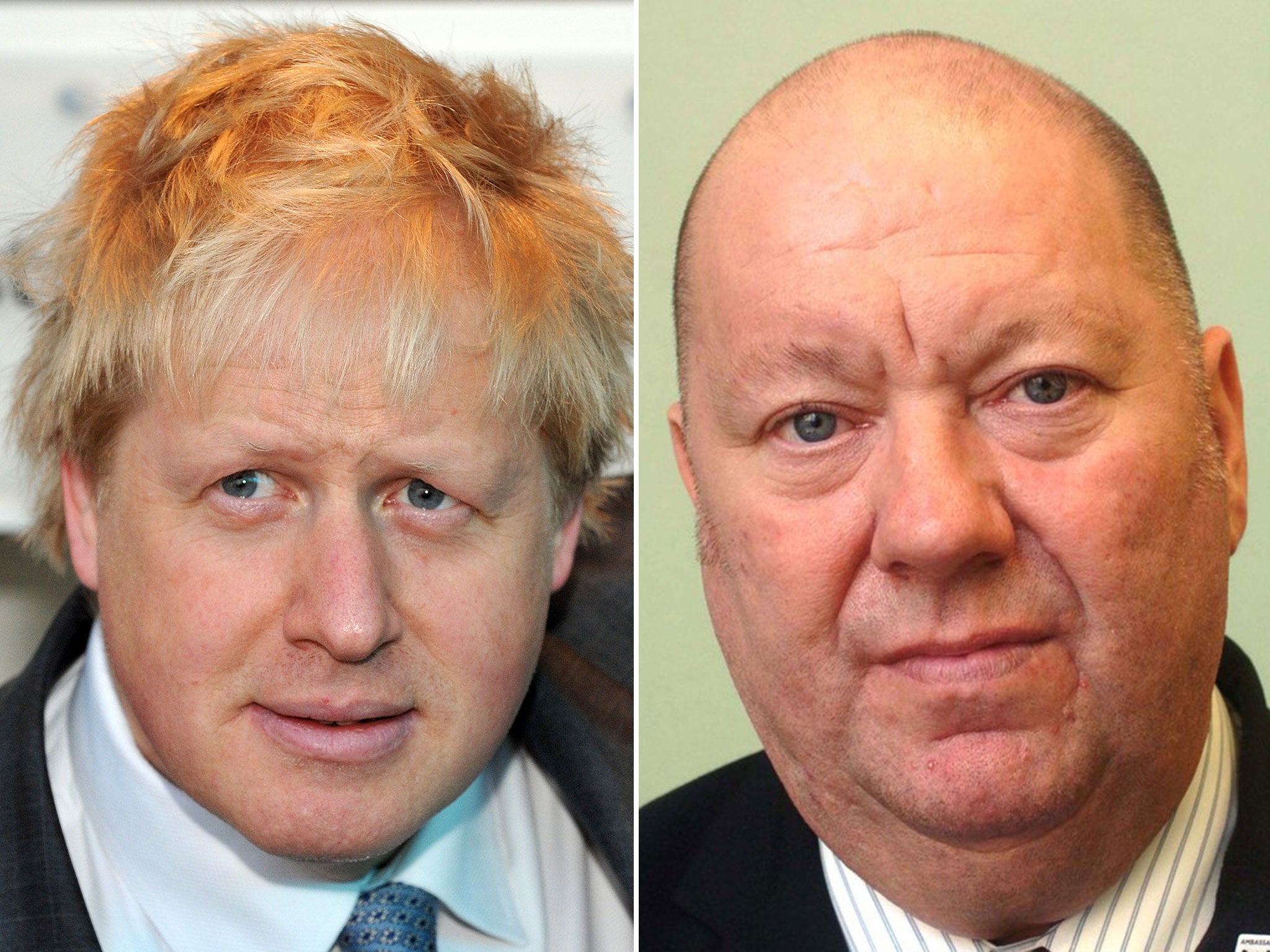Elected mayors: George Osborne makes another pitch for US-style system

The prospect of a new generation of elected mayors to champion the country’s biggest cities was raised by Chancellor George Osborne.
Enthusiasm among Labour and Tory leaders alike for directly elected US-style mayors has not been shared by the public.
Voters have rejected the initiative in 35 local authority areas in England and Wales, while there are just 16 elected majors in office in cities including London, Liverpool, Leicester and Middlesbrough.
But Mr Osborne moved to breathe fresh life into the stalled policy by announcing that the idea was back “on the table” with ministers.
And he promised that mayors in major urban centres would be given as much authority to wield as Boris Johnson does in the capital.
That could include power over major planning, housing, transport and environmental policy, as well as taking direct charge of efforts to boost the local economy.
The Chancellor said the move would build on the City Deal initiative, under which large local councils have been given extra discretion over spending decisions.
Citing the examples of Mr Johnson in London and Joe Anderson in Liverpool, he argued: “There are big advantages in having an elected mayor to represent your city, to fight your corner in the world, to have someone democratically accountable to the whole city who can deal with issues like transport or economic development or fighting crime.”
Speaking at Manchester's Museum of Science and Technology, he warned of a “mismatch between the economic importance of the great Northern cities and their political clout”.
Mr Osborne said Greater Manchester and Greater Leeds each had larger economies than Wales, but did not have a single individual who could speak for them at home and abroad.
“A true powerhouse requires true power,” he said. “I am putting on the table and starting the conversation about serious devolution of powers and budgets for any city that wants to move to a new model of city government and have an elected mayor.”
His pledge came as he set out a vision of an economic “powerhouse” across the north of England with faster road links, investment in science and a new high-speed rail connection between Manchester and Leeds.
In 2012 local referendums rejected the creation of elected mayors in Birmingham, Bradford, Coventry, Leeds, Manchester, Newcastle, Nottingham, Sheffield and Wakefield. Bristol was the only city where it was approved.
Other cities where the idea had previously been rejected include Brighton, Darlington, Oxford, Plymouth and Sunderland.
Alexandra Jones, the chief executive of the Centre for Cities think tank said elected mayors could “make an enormous difference to the economic fortunes and quality of life in our city-regions”.
She said: “It will always be a difficult sell to call for extra politicians. But the clear lesson from the referenda on mayors is that they must be afforded powers on a sufficient scale to support their cities to fulfil their potential and it will take consensus at the highest levels of Government to ensure this happens.”
Join our commenting forum
Join thought-provoking conversations, follow other Independent readers and see their replies
Comments
Bookmark popover
Removed from bookmarks